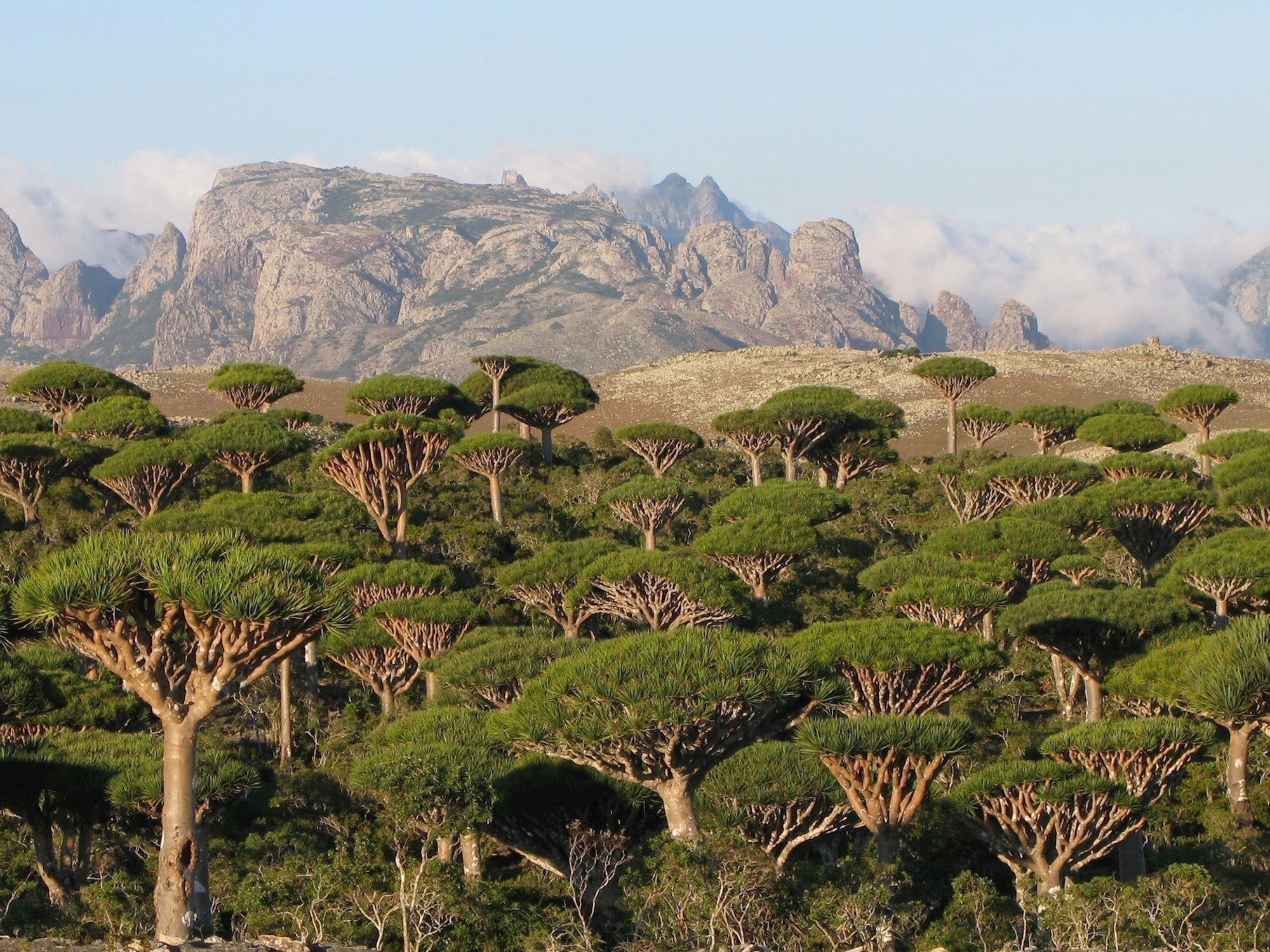The Middle East and South West Asia is home to an extraordinary diversity of cultures, landscapes, and ecosystems—from the snow-capped mountains of Afghanistan to the vast sand deserts of the Arabian Peninsula. This region harbours around 20,000 plant species, many of which are unique to the area. It is also the centre of origin for vital global crops including wheat, barley, peas, chickpeas, and lentils.
However, this rich natural heritage is under serious threat. The region is experiencing widespread environmental degradation, with devastating impacts on ecosystems, livelihoods, and cultural heritage.
In some areas, ambitious initiatives are underway to reverse these trends and combat climate change. Yet in other parts of the region, conflict, political instability, and limited resources make responding to the biodiversity and climate crises far more difficult—though no less urgent.
Across the region, a major obstacle is the lack of accessible, high-quality biodiversity data, coupled with limited in-country capacity to generate and apply it effectively. At CMEP, we work in close partnership with communities, governments, national and international organisations to close these knowledge gaps and tackle the region’s most pressing environmental challenges.
Learn more about our staff here.
To learn more about our research and consultancy work, visit cmep.org.uk or contact Sophie Neale.

